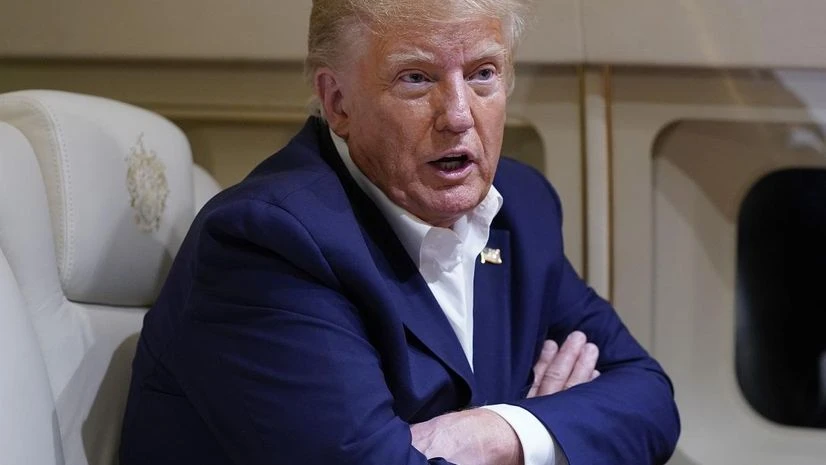Donald Trump faces charges under the Espionage Act after the FBI found nearly 13,000 government records from the Florida resort where he was staying. Out of these 13,000 records, nearly 100 were marked as secret or top secret. He faces charges of "unauthorised possession" of national defense information.
What is the Espionage Act?
The Espionage Act dates back to World War 1. It was brought in to counter spying activities and thus criminalises activities that involve mishandling of classified government documents that may include sensitive information which if disclosed can pose a threat to the national security of the United States.
The Act has been used previously against suspected Soviet spies. Whistleblowers like Daniel Ellsberg, and Edward Snowden have been among the previously accused under this Act.
How does the Espionage Act apply to Trump?
According to the special counsel Jack Smith’s indictment, Trump deliberately withheld many documents involving military, nuclear, and intelligence secrets despite knowing that the documents were classified.
More From This Section
Trump however said that he declassified the documents using his authority as the US President.
But the Espionage Act does not require any proof of whether the records were classified. The Act makes it criminal to willfully retain classified information and not return it back to the official in charge.
The case on Trump is about "unauthorised possession" and not whether the documents were classified or not. Trump is yet to provide any proof to substantiate his claims of declassifying the said documents.
People previously charged under the Espionage Act:
- Wikileaks founder Julian Assange is facing charges under this Act.
- Daniel Ellsberg was charged with leaking the Pentagon Papers.
- Edward Snowden was charged with leaking classified National Security Agency records detailing the famous domestic surveillance program of the US government.
- Army Private First Class intelligence analyst Chelsea Manning was sentenced for 35 years for leaking classified information under this Act.

)
